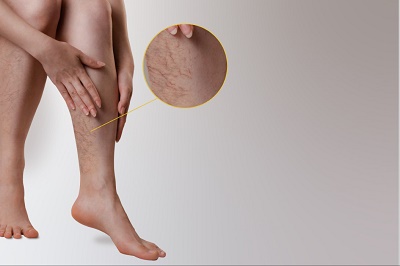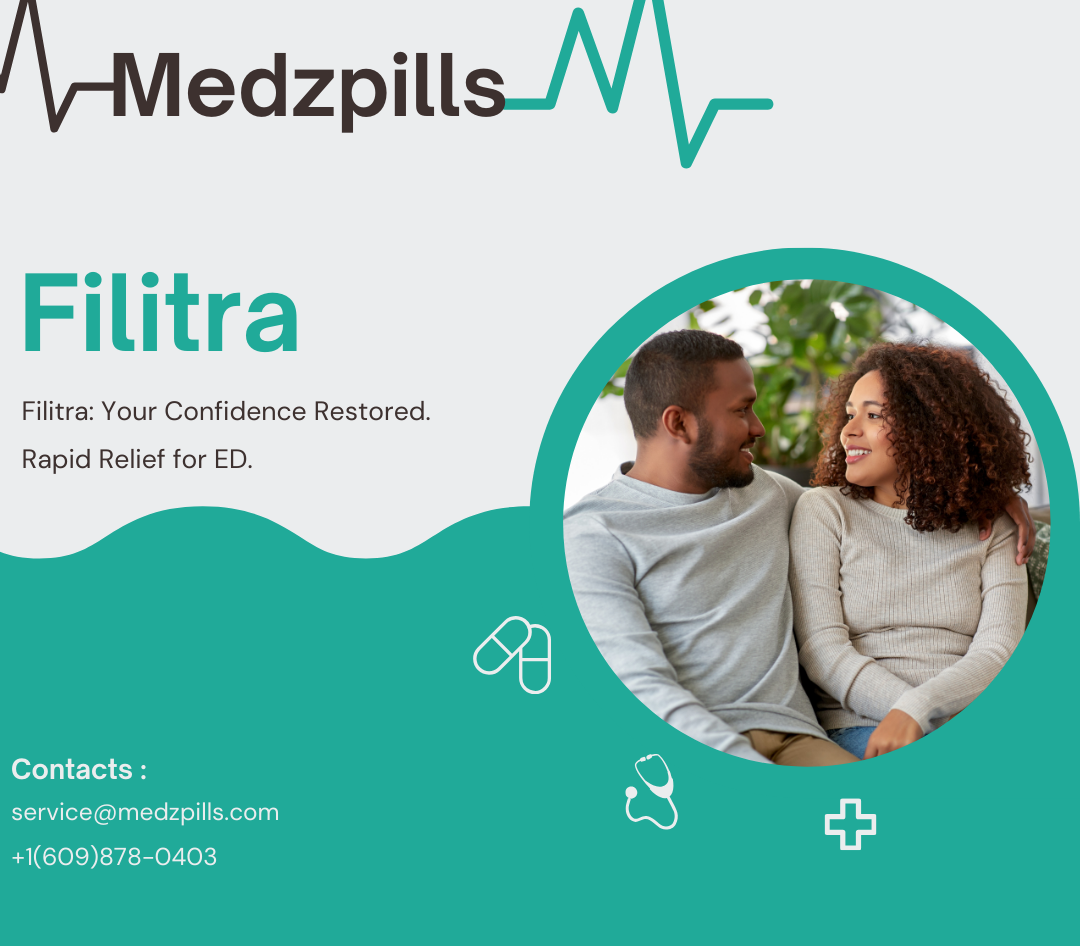Varicose veins are enlarged, twisted veins often found in the legs and feet. They occur when valves in the veins fail to function correctly, causing blood to pool rather than flow efficiently back to the heart. This condition can lead to symptoms such as swelling, aching, and a feeling of heaviness in the affected limbs. While varicose veins are primarily a cosmetic concern for some, they can also signal more serious vascular issues.
What Is a Varicose Vein Specialist Called?
A varicose what is a varicose vein specialist called is often referred to as a phlebologist or vascular surgeon. These medical professionals specialize in diagnosing and treating vein-related conditions, including varicose veins, spider veins, and deep vein thrombosis. In some cases, you may also encounter vein treatment doctors who focus specifically on minimally invasive techniques to address vein issues.
Why Should You Seek Vein Treatment Doctors?
Seeking treatment from vein specialists ensures that you receive targeted care tailored to your condition. These doctors use advanced diagnostic tools such as ultrasound imaging to evaluate the extent of your vein issues. With their expertise, they can recommend appropriate treatments, ranging from lifestyle changes to medical interventions.
How Do Vein Treatment Doctors Address Varicose Veins?
Non-Surgical Treatments for Varicose Veins
Vein treatment doctors offer several non-surgical options for addressing varicose veins. Some of the most common include:
- Compression Therapy: Wearing compression stockings improves blood flow and reduces swelling and discomfort.
- Sclerotherapy: This involves injecting a solution into the varicose veins, causing them to collapse and fade over time.
- Laser Treatments: Endovenous laser treatment (EVLT) uses laser energy to seal off affected veins, eliminating them without surgery.
Minimally Invasive Surgical Options
In more severe cases, vein specialists may recommend minimally invasive procedures such as:
- Radiofrequency Ablation (RFA): This technique uses heat generated by radiofrequency energy to close off problematic veins.
- Ambulatory Phlebectomy: Small incisions are made to remove superficial varicose veins.
Both methods ensure minimal downtime, allowing patients to return to their daily routines quickly.
What Are the Benefits of Consulting a Vein Specialist Early?
Preventing Complications
Ignoring varicose veins can lead to complications such as:
- Chronic swelling
- Skin ulcers
- Blood clots
Consulting a vein treatment doctor early can help you prevent these issues and maintain overall vascular health.
Enhancing Quality of Life
By treating varicose veins, you can alleviate pain, improve mobility, and boost confidence. The aesthetic improvement is also a welcome bonus for many patients.
When Should You Consult a Vein Specialist?
Recognizing Symptoms That Require Attention
You should consider seeing a vein treatment doctor if you experience:
- Persistent leg pain or swelling
- Visible, bulging veins
- Skin discoloration near the veins
- A feeling of heaviness in the legs
Routine Check-Ups for At-Risk Individuals
If you have a family history of varicose veins, a sedentary lifestyle, or a job that requires prolonged standing, regular visits to a vein specialist can help you stay ahead of potential problems.
How Do Vein Specialists Diagnose Varicose Veins?
Comprehensive Evaluations
During your consultation, the vein specialist will conduct a thorough physical examination and review your medical history. Diagnostic tools like Doppler ultrasound may be used to assess blood flow and pinpoint areas of concern.
Personalized Treatment Plans
Based on the findings, the doctor will develop a personalized treatment plan that addresses your symptoms, lifestyle, and overall health.
What Should You Expect During Varicose Vein Treatment?
Preparation and Procedure
Most treatments offered by vein treatment doctors are outpatient procedures. For non-surgical methods like sclerotherapy or laser treatments, preparation is minimal, and the procedures are relatively quick.
Recovery and Aftercare
Recovery time varies depending on the treatment type, but many patients experience minimal discomfort and can return to their normal activities within a day or two. Vein specialists often recommend wearing compression stockings and avoiding strenuous activities for a few weeks to ensure optimal healing.
Why Choose Vein Treatment Doctors for Your Care?
Specialized Expertise
Vein treatment doctors are highly trained in the latest techniques for diagnosing and treating vein disorders. Their specialized knowledge ensures precise and effective care.
Access to Advanced Technology
From ultrasound imaging to cutting-edge laser devices, vein specialists use advanced tools to provide accurate diagnoses and minimally invasive treatments.
Patient-Centered Approach
Most vein specialists prioritize patient comfort and satisfaction. They take the time to explain procedures, answer questions, and provide comprehensive post-treatment care.
How Can You Find the Right Vein Specialist?
Research and Recommendations
Start by researching local vein specialists and reading patient reviews. Recommendations from friends, family, or your primary care physician can also guide you to a trusted doctor.
Verify Credentials
Ensure the vein treatment doctor you choose is board-certified and has experience in treating varicose veins and related conditions.
Who Are Vein Treatment Doctors, and What Do They Do?
Varicose vein specialists, also known as phlebologists, vascular surgeons, or interventional radiologists, are medical professionals who specialize in diagnosing and treating venous disorders. These experts focus on conditions such as varicose veins, spider veins, deep vein thrombosis (DVT), and chronic venous insufficiency.
Their role involves assessing the severity of your vein issues, conducting diagnostic imaging tests like Doppler ultrasounds, and recommending tailored treatment plans. Their goal is to alleviate symptoms, improve circulation, and enhance the appearance of your legs.
Why Is Early Consultation with a Vein Specialist Important?
Early detection and treatment of varicose veins can prevent complications such as leg ulcers, blood clots, or even skin infections. Vein treatment doctors use advanced tools and techniques to address these issues effectively. Ignoring vein problems may lead to discomfort, swelling, and chronic pain.
By consulting a specialist early, you can benefit from minimally invasive procedures, faster recovery, and reduced risk of long-term damage. This proactive approach ensures your venous health is well-managed and prevents worsening conditions.
What Are the Signs You Need a Varicose Vein Specialist?
Knowing when to seek help is crucial. Common signs indicating the need for a varicose vein specialist include:
- Persistent leg pain or heaviness.
- Swelling in the lower legs or ankles.
- Visible, bulging veins that are dark blue or purple.
- Skin discoloration or itching near affected veins.
- Frequent cramps or restless legs at night.
If these symptoms persist, it’s time to consult vein treatment doctors who can offer specialized care.
Conclusion
Consulting a varicose vein specialist, often called a phlebologist or vascular surgeon, is essential for addressing vein-related issues effectively. These vein treatment doctors offer a range of advanced, minimally invasive treatments that not only alleviate symptoms but also improve your overall quality of life. By recognizing symptoms early and seeking professional care, you can prevent complications and maintain healthy, pain-free legs. Take the first step toward better vascular health by scheduling a consultation with a trusted vein specialist today.




